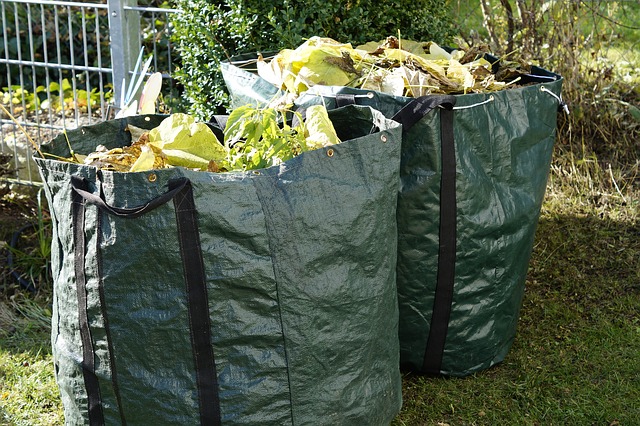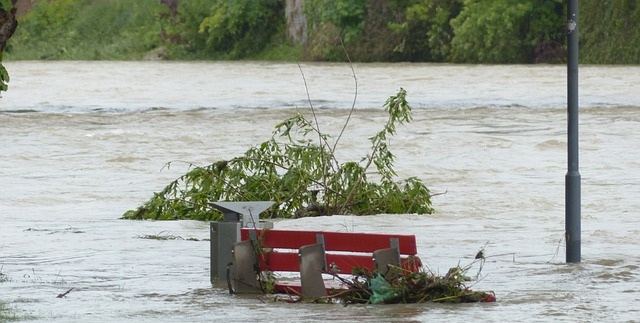- Published research reported a case study of Karachi related to the assessment of biomethane generation from municipal solid waste.
- Anaerobic biodigestion was carried out on fresh synthetic waste material.
- The study suggested the installation of biowaste digestion plants and reported the 21 % estimated reduction in an energy supply shortage.
- There would be no release of greenhouse gas methane from open dumping of municipal solid waste.
Introduction
The developing countries around the world experience problems due to untreated huge piles of municipal solid waste. The mishandling of municipal solid waste creates environmental problems as well as could be a source of diseases outbreak in the city. The provincial authorities require a proper design for controlling and managing municipal solid waste being generated in the cities. The factors that play a crucial role in the buildup of municipal solid waste in cities include urbanization due to increasing population, absence of waste management plans, and lack of assistance related to waste to energy techniques.
Pakistan is also facing similar environmental issues and the most populous city- the industrial hub of the country- Karachi is having heaps of garbage, although the local government is trying to deal with this issue.
Also check out: Improper Management of Solid Waste in Pakistan and Its Effects
Research Summary
Published research reported a case study of Karachi related to the assessment of biomethane generation from municipal solid waste. According to research, the waste pile in Karachi releases about 5600 tons of methane into the air. Keeping the situation in view the purpose of the research was to find an estimation of power generation from waste to energy technologies. The methodology included the process of anaerobic biodigestion on fresh synthetic waste material.
The result recommended the need for installation of biowaste digestion plants and reported up to 21 % possible reduction in an energy supply shortage. The case highlighted some economic and environmental advantages regarding waste to energy solutions.
Benefits of Biomethane Generation
There are environmental and economical benefits associated with biochemical methane production from municipal solid waste. The open dumping of municipal solid waste causes the release of methane into the environment. That is contributing to the emission of greenhouse gases into the atmosphere. Using this technique would reduce the emission of this gas into the air. Almost 63-megawatt power can be produced each day. The economical benefit is it will generate revenue of an amount equivalent to 401.3 million rupees per year.
Also check out: 10 Ways to Eradicate Solid Waste – Methods of Reducing Waste
Conclusion
This research concluded that the potential biochemical methane can be produced from municipal solid waste being produced in Karachi. The organic fraction of solid waste is more than 50 % in almost every big city of Pakistan. The waste to energy technology is the most preferable renewable energy solution to nonrenewable energy sources.
Recommendation
In 2020, there were huge piles of municipal solid waste in Karachi, and the citizens were facing severe problems. After Karachi, the same problem was experienced by residents of Lahore.
The Government of Pakistan and the provincial government should take the necessary steps to increase the number of waste processing power plants. This study based on the evaluation of biochemical methane potential could be used for further research.
Also read: Waste to Energy Plants Can Curb Pakistan’s Electricity Crisis
I hope you all liked this post! Please comment below if you have any suggestions, comments, or feedback! We at #envpk love hearing from our readers! Thanks!




